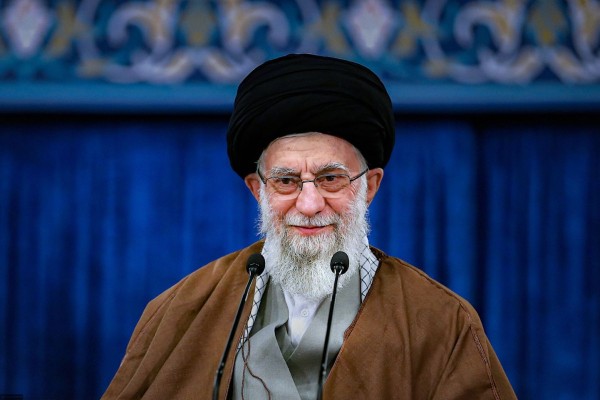The most visible example of Moscow’s message to Russians in Estonia was the news programming of the Russian TV channel PBK during Estonia’s parliamentary election campaign in early 2011. PBK’s total support went to Edgar Savisaar, head of the Centre party and currently mayor of Tallinn. It had shown the same support during the last municipal elections.
It was logical that PBK be used for such campaigns. Approximately 70% of the Russian language population in Estonia watch PBK. It rises to 80% in Tallinn.
PBK’s efforts in Estonia were also employed in Latvia, with very concrete results. Take Nil Ušakov. He was ITAR-TASS’ correspondent in Latvia and the chief editor of PBK’s news. During the Latvian elections PBK showed him during all news broadcasts, portraying him as the only viable candidate and saviour of the Russian language population. All of his political opponents from other Russian parties disappeared from the TV screen. Undoubtedly PBK was a major contributor to his election success and his rise to become the mayor of Riga.
The recent release of Oleg Samorodni’s book “Two-faced Impressum. The Anatomy of a Small Info-War” has focused attention on Russia’s efforts to influence attitudes and opinions in neighbouring countries. Amongst other topics the book covers the activities of an organization -Impressum - whose ostensible aim is to bolster reciprocal understanding between the Russian and Estonian speaking populations in Estonia and thereby enhance possibilities for better relations. (Samorodni was a former employee of the Soviet embassy in Cambodia and the Northern European editor of Komsomolskaja Pravda.)
Founded in 2008 this "international media club" was founded in Tallinn through the urging and support of the long-established Russian newspaper Komsomolskaja Pravda. Impressum’s raison d’être was to invite prominent speakers once a month to engage the public on issues germaine to the Russian community.
However it became clear early on that Impressum’s task was purely propagandistic – practically all of the guest speakers were staunch Putinites. Although the numerous invited guest speakers have been unabashedly biased, they still hold some credibility for the Russian speaking audience. However in 2009 the widely recognized economic analyst Mihhail Deljagin in an interview on Radio Moscow presented his impressions of his Estonian trip. Joining him on-air was Galina Sapošnikova, Impressum’s leading figure.
Radio listeners with left with the following impressions from Deljagin’s (rather bizarre and primitive) comments: Many people are without water and electricity and electricity is totally shut off in Tallinn during the night. Rural residents live by candlelight. One can use SMS to pay parking fees and one can also be fired from one’s job through SMS. The freedom monument in Riga is a source of income for the country. British tourists urinate on it and are fined. This goes into government coffers.
Samorodni states that Impressum was also intended to help create a network of friendly Estonian journalists. This has thus far been a failure. But he insists that Russian-controlled media fills a void which the Estonian media has avoided. While information packaged for the Russian reader in Estonia may sometimes verge on the laughable, it’s still cause for concern. The source is often a well established media or public figure whose credibility is rarely challenged by Russians. Even buffoons have their followers.

Russian media outlets in Estonia are tasked with Kremlin’s propaganda
Arvamus
TRENDING


























